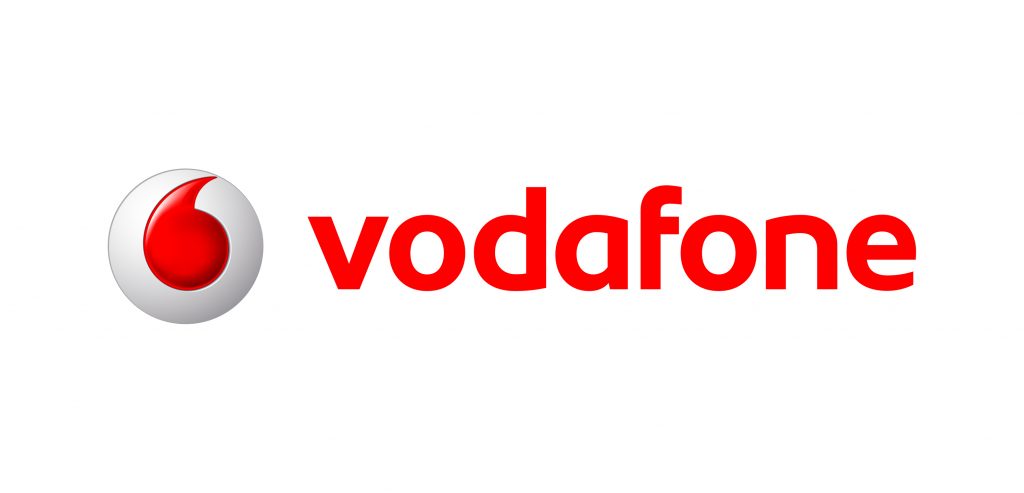Vodafone: SWOT analysis

Most companies, organizations and institutions today are using SWOT analysis as a strategic method/tool for evaluating their strengths, Weaknesses, Opportunities and Threats with reference to strategic planning. This method was first developed by Albert Humphrey who sampled data from Fortune 500 companies and studied their performance in a research in Stanford University. SWOT analysis identifies the internal and external factors that determine the achievements a company has specified in its goals and objectives (Cullen and Parboteeah, 2005).
SWOT analysis aims to identify the main external and internal factors that are essential to the survival of the company. In case, a company such as the Vodafone, the SWOT analysis will be in a position to help it groups the factors into two. First, it specifies the internal factors i. e. strengths and weaknesses of Vodafone as a telecommunication company. Secondly, it categorizes the external factors that have been identified to boost or hinder the achievements of the company especially I terms of growth and expansion. These external factors are the opportunities and threats (Hunter, 2003).
Order custom essay Vodafone: SWOT analysis with free plagiarism report
 450+ experts on 30 subjects
450+ experts on 30 subjects
 Starting from 3 hours delivery
Starting from 3 hours delivery
Strengths Strength in this scenario can be recognized as that unique ability possessed by Vodafone Company and if it makes use of such a prospect it can do well and can achieve a higher rating in terms of competitiveness in the telecommunication industry. The company has developed in business since 1991 and its technology has been changing since that time. Vodafone has been getting into international markets and acquiring subsidiaries from other companies especially in Europe, Asia and Africa to build its technological base.
Going by the financial status of the company, its sales and profits has also grown tremendously to a value of 84. 7 Billion Euros as per 2007 financial statistics. Vodafone also has an excellent reputation of quality products and services which have helped it meet its market target (Dhanaraj, Lyles, Steensma and Tihanyi, 2004). Currently, the company has an equity interest in 27 countries and a further 38 countries with has Partner Networks with it.
Vodafone’s global portfolio of services coupled with high quality brands has been giving it a competitive advantage over the others in the telecommunications field. Technology change in provision of voice and data services for the company has been hi-tech and this has been boosted by the fact that the telecommunications industry has really benefited greatly with internet and ICT for the past two decades Vodafone is currently a powerful player in the mobile network operator in the world.
It has a good reputation for value for money going by the quality of products and services it offers such as clarity in communication, wider product base, larger coverage etc. The company has grown substantially in the recent years going inline with technological changes in the sector from fixed line to wireless communication technologies which include GPRS and GSM. The company has experienced global expansion as its ability to adapt to technological (computer based) strategies has been appreciated both domestically and internationally.
Vodafone has a core competence involving use of ICT to meet the needs of its customers. It also developed new technological approaches and strategies to support its international logistic systems i. e. to see how the subsidiaries in other countries are performing in other parts of the world. The company also trains people in its human resource development strategy to meet with the technology changes that need people to have hands on experience on the way services and products are provided to the consumers (NERA and Smith System Engineering, 2008).
The company’s assets make it one of the richest companies in the world. Most of these assets are part of the company’s unique technology which has given it a huge market share compared to the others in the sector. Change from GPRS to other modern technologies has helped the company provide quality financial reserves that provide likely returns. Leadership is very important when it comes to assessing technology change. It is described as directing people to do specific duties by influencing their personal behavior through incentives and motivation, teamwork, individual dynamics and discipline.
The core purpose of leadership is to channel all the employees’ behavior towards attaining the company’s objectives. Leadership within Vodafone has helped it create and maintain a healthy organizational culture within it. The social responsibilities in which the company has undertaken especially in the sporting activities have increased its popularity not only in UK but also in other parts of the world. Its employees are appreciating the company’s efforts to meet challenges of technological change offered by its leadership structure (Vodafone, 2008).
Vodafone has also been active in its corporate responsibility especially within UK and the U. S. The company has sponsored teams such as Manchester United in the Barclays’ Premier League in the past and it has continued to support many more such in golf and rugby. The technological changes that have taken over the marketing techniques such as internet marketing, the company has assisted many other industries to meet their marketing requirements since it has the best coverage in the world on network coverage, internet solutions etc.
Cite this Page
Vodafone: SWOT analysis. (2018, Feb 25). Retrieved from https://phdessay.com/swot-analysis-vodafone/
Run a free check or have your essay done for you


